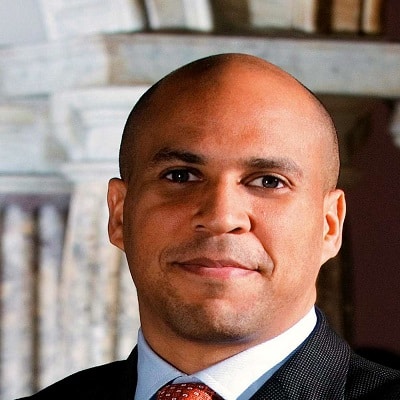 Dana Larsen Leading Effort To Put Marijuana Decriminalization Initiative On 2013 Ballot
Dana Larsen Leading Effort To Put Marijuana Decriminalization Initiative On 2013 Ballot
By Phillip Smith
British Columbia election officials announced Thursday that they had approved in principle an initiative petition that would decriminalize the possession and use of marijuana by adults. The initiative is the brainchild of longtime marijuana reform advocate Dana Larsen, who ran unsuccessfully for the leadership of the British Columbia New Democratic Party.
The initiative, titled the Sensible Policing Act, would amend the province’s Police Act to prohibit the use of provincial law enforcement resources to enforce simple marijuana possession and use laws. The initiative also asks that the province tell the federal government to either repeal the marijuana law or give British Columbia an exemption from them.
Elections BC said it will issue the petition November 19. The campaign would then have 90 days to collect the signatures of at least 10% of registered voters in the province’s 85 electoral districts — if it wants to move forward this year, but it doesn’t.
Larsen told the Vancouver Sun he will not be gathering signatures this fall, but will instead use the petition to gain attention for the cause and train and mobilize “an army of well-trained, disciplined signature gatherers.” He said he would resubmit the initiative petition in September 2013 and start signature-gathering then.
“It is a very difficult procedure, absolutely,” he told the Sun. “It’s a big challenge. That’s why we’re doing it in this unique way of spending a year in advance to build support and build up our volunteer base. I am very confident that far more than 10% of the registered voters in every riding of the province support decriminalization of cannabis.”
If recent polling is any indication, Larsen is correct. A July Ipsos Reid poll had a whopping 69% of British Columbia respondents saying they supported decriminalization.
Although marijuana use levels in the province have been relatively unchanged, possession charges have doubled in the past few years, from 1,700 in 2005 to 3,505 in 2010, Simon Fraser University criminologist Neil Boyd told the Sun. Boyd added that police had actually reported some 15,000 pot possession incidents, but laid charges in only a fraction of them.
“I do think it makes sense not to enforce marijuana possession laws,” he said.
The initiative process in British Columbia is lengthy. First, the initiative must gather some 400,000 signatures, then election officials will have to verify its validity before sending it to a legislative committee. The committee must then meet within 30 days and has 90 days from then to consider the initiative. It can then either recommend that the bill be considered by the provincial legislature or send it to the voters.
Initiative votes occur only once every three years. The next one is set for September 2014, so it could be two years from now before voters get a chance at changing the law, but could be sooner than that if the legislature just votes to approve it.
Article From StoptheDrugWar.org - Creative Commons Licensing



